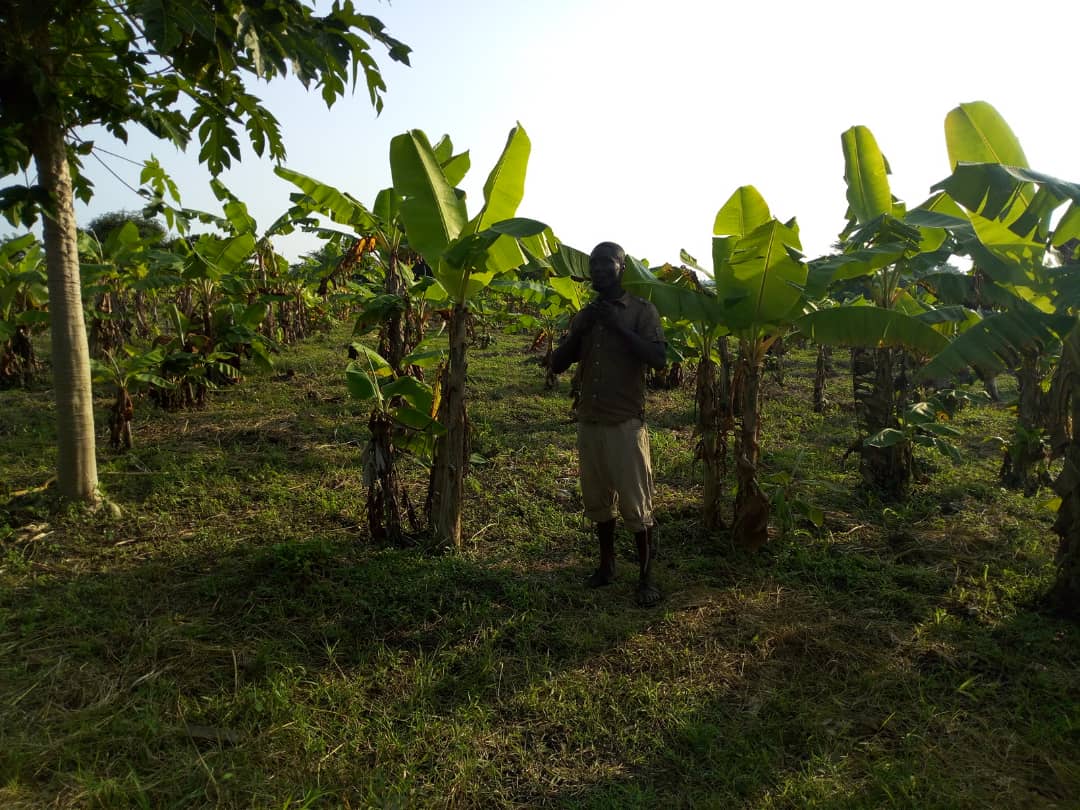For many Nigerian farmers, climate change is no longer a distant scientific concept but a harsh reality felt on their fields. Over the last decade, there has been a noticeable shift in seasonal patterns that were once predictable. Farmers who traditionally began planting in April or early May are now forced to delay due to erratic rainfall patterns. In parts of the Middle Belt, for instance, communities that once enjoyed steady rain from April to October now experience delayed onset and early cessation of rainfall, drastically shortening the growing season. These shifts not only affect crop timing but also reduce yields, as crops like maize, rice, and sorghum fail to reach full maturity under shortened rain-fed cycles.
More troubling is the increased frequency and severity of droughts in northern Nigeria. In states like Katsina, Sokoto, and Borno, drought conditions are becoming more common, leading to widespread crop failures and livestock loss. These regions, which are highly dependent on rain-fed agriculture, suffer the brunt of dry spells that can last weeks during what should be the peak of the rainy season. Farmers in these areas often abandon their fields or migrate to cities in search of alternative livelihoods, contributing to urban crowding and increased poverty. Climate change, therefore, is not just an agricultural issue but a social and economic one as well.
Flash flooding is another major challenge. Ironically, while droughts plague the north, other parts of the country are dealing with excessive rainfall and flooding. In 2022, Nigeria witnessed some of its worst floods in decades, affecting over 30 states and displacing more than 1.4 million people. Farmlands in places like Kogi, Anambra, and Delta were submerged for weeks, destroying rice, cassava, and yam crops just before harvest. Farmers lost entire seasons of work, and food prices skyrocketed nationwide due to reduced supply. These floods are made worse by poorly managed drainage systems and unchecked development on floodplains, but climate-induced heavy rainfall is clearly a contributing factor.
Pests and diseases are also on the rise due to changing weather conditions. Warmer temperatures and fluctuating humidity have allowed pests like the fall armyworm to thrive across multiple regions in Nigeria. Once confined to certain areas, this pest now damages crops from the north to the south. Tomato blight, black sigatoka in plantains, and maize stem borers are increasingly difficult to manage, especially for smallholder farmers who lack access to effective pesticides or agricultural extension services. These biological threats further compound the stress climate change puts on Nigeria’s already fragile food system.
Livestock farmers are not left out either. Pastoralists in northern and central Nigeria have reported dwindling water sources and pastureland due to higher temperatures and desertification. The drying up of traditional grazing routes and water points has escalated competition for resources, contributing to farmer-herder conflicts that threaten national security. In states like Benue and Plateau, entire communities have been disrupted due to these clashes, with far-reaching implications for food production, rural stability, and interethnic relations.
Despite these mounting challenges, Nigeria’s response has been limited. Many climate adaptation strategies, such as improved irrigation, drought-resistant crop varieties, and early warning systems, remain out of reach for the average farmer. Government policies often fail to reach the grassroots, and limited investment in climate-resilient infrastructure only widens the gap. NGOs and international partners have stepped in to support a few communities, such as introducing dry-season vegetable farming using solar-powered pumps in Yobe or training farmers in climate-smart agriculture in Ebonyi, but these efforts are fragmented and underfunded.
In conclusion, the evidence is clear: climate change is already affecting Nigerian farmers across multiple dimensions, crop yield, income stability, food prices, and community security. The need for urgent, coordinated, and well-funded responses is critical. Investing in localized climate adaptation strategies, strengthening agricultural extension systems, and empowering farmers with knowledge and tools are no longer optional, they are essential for protecting the future of Nigerian agriculture and food sovereignty.



